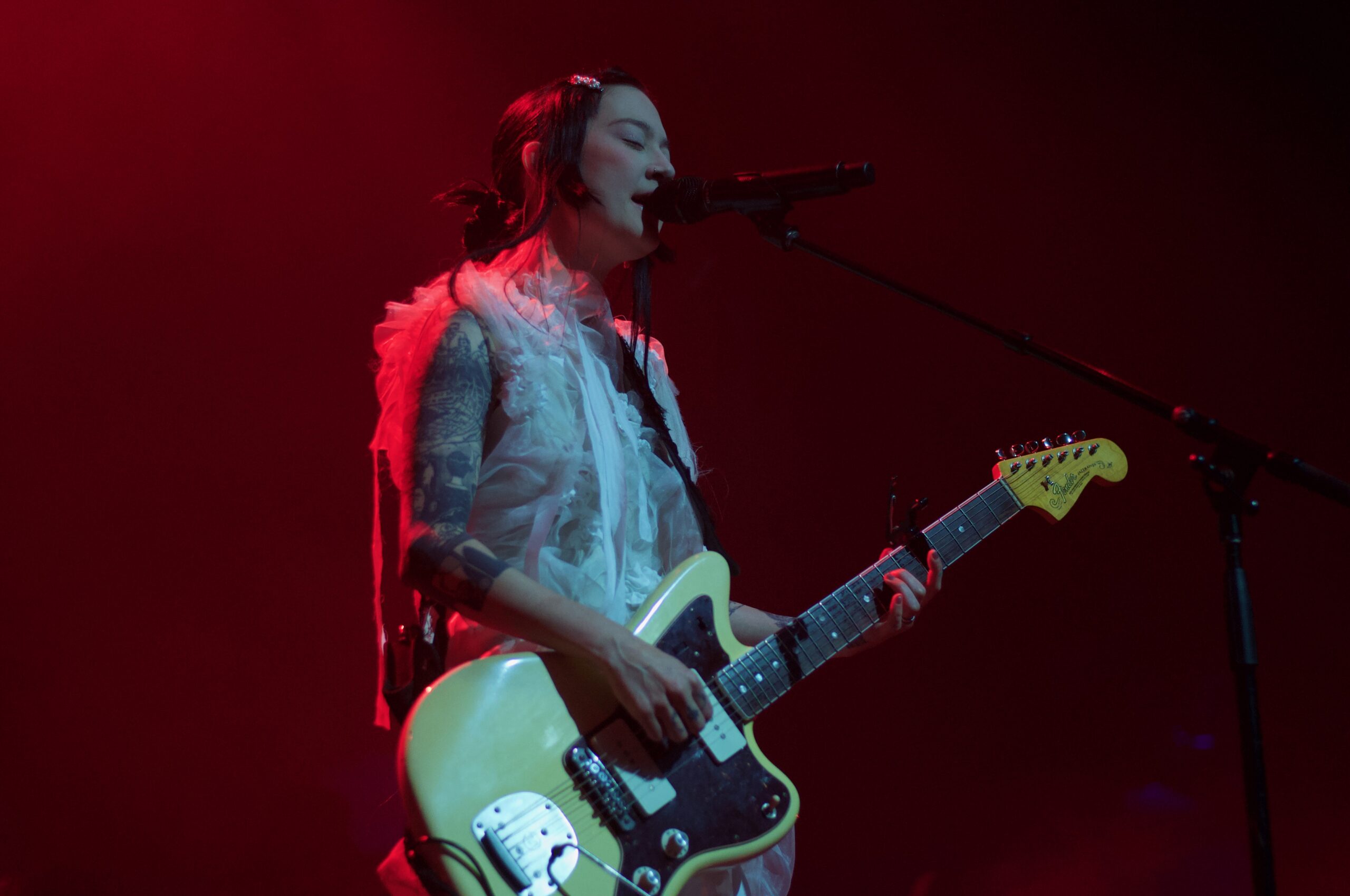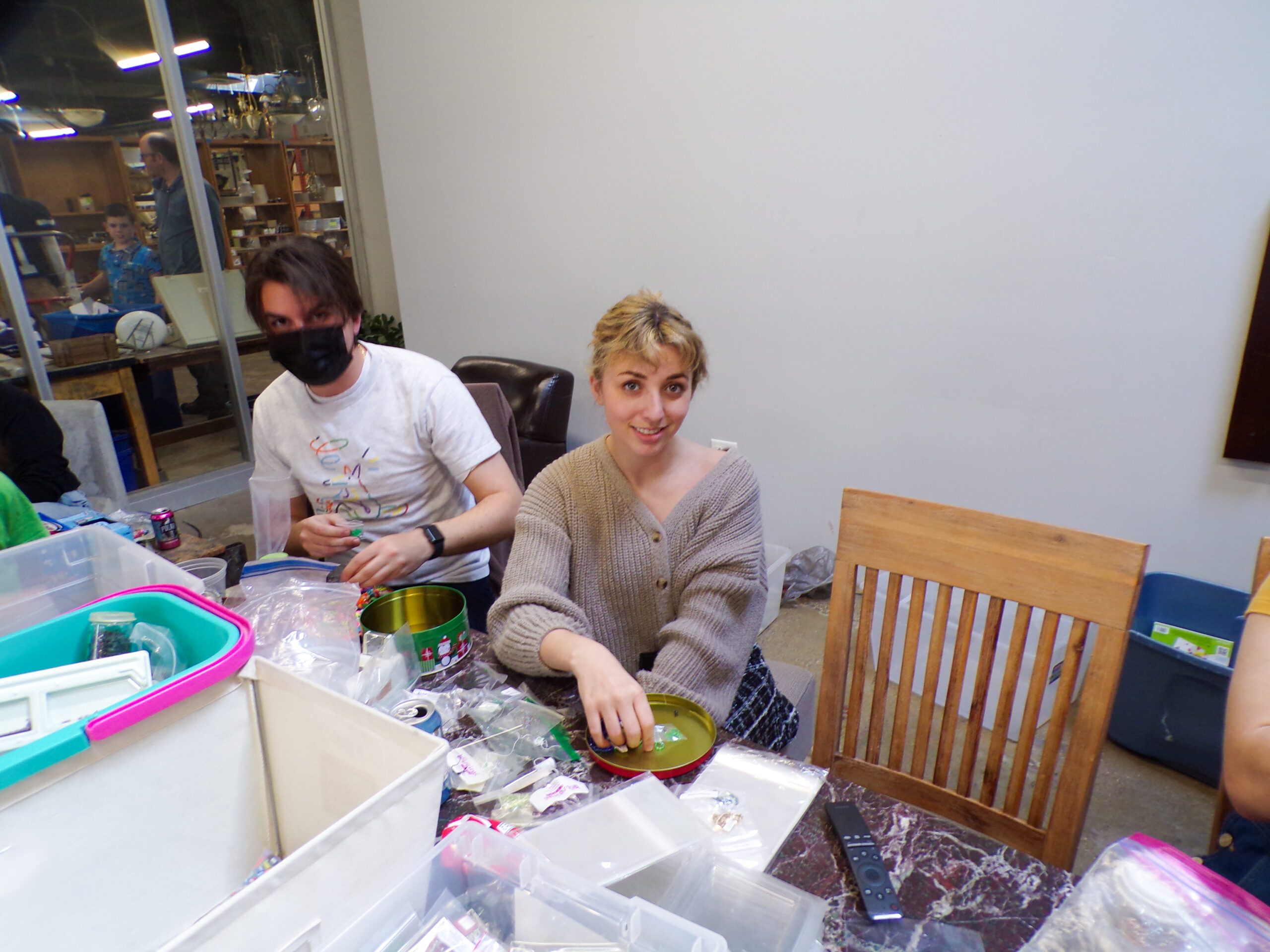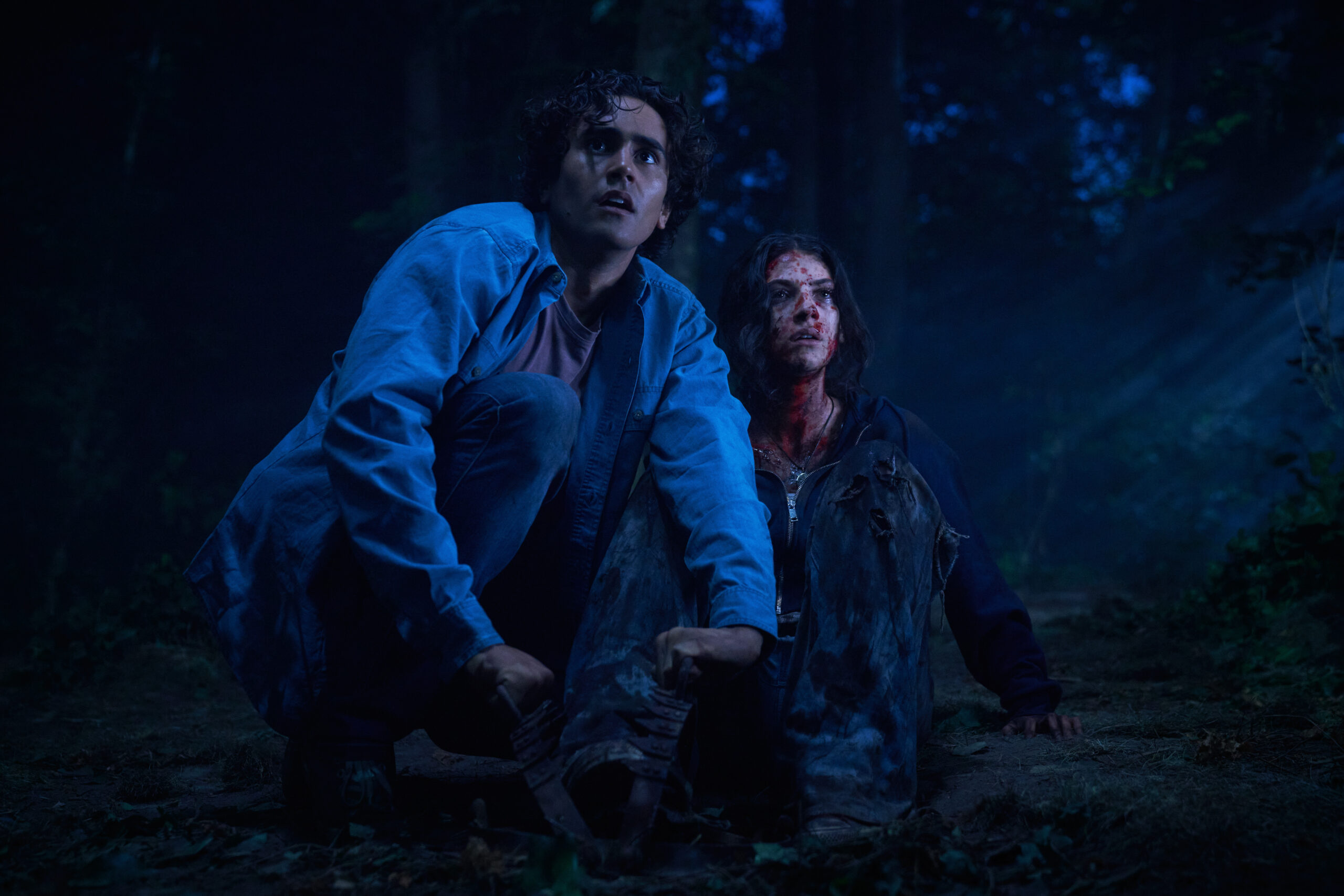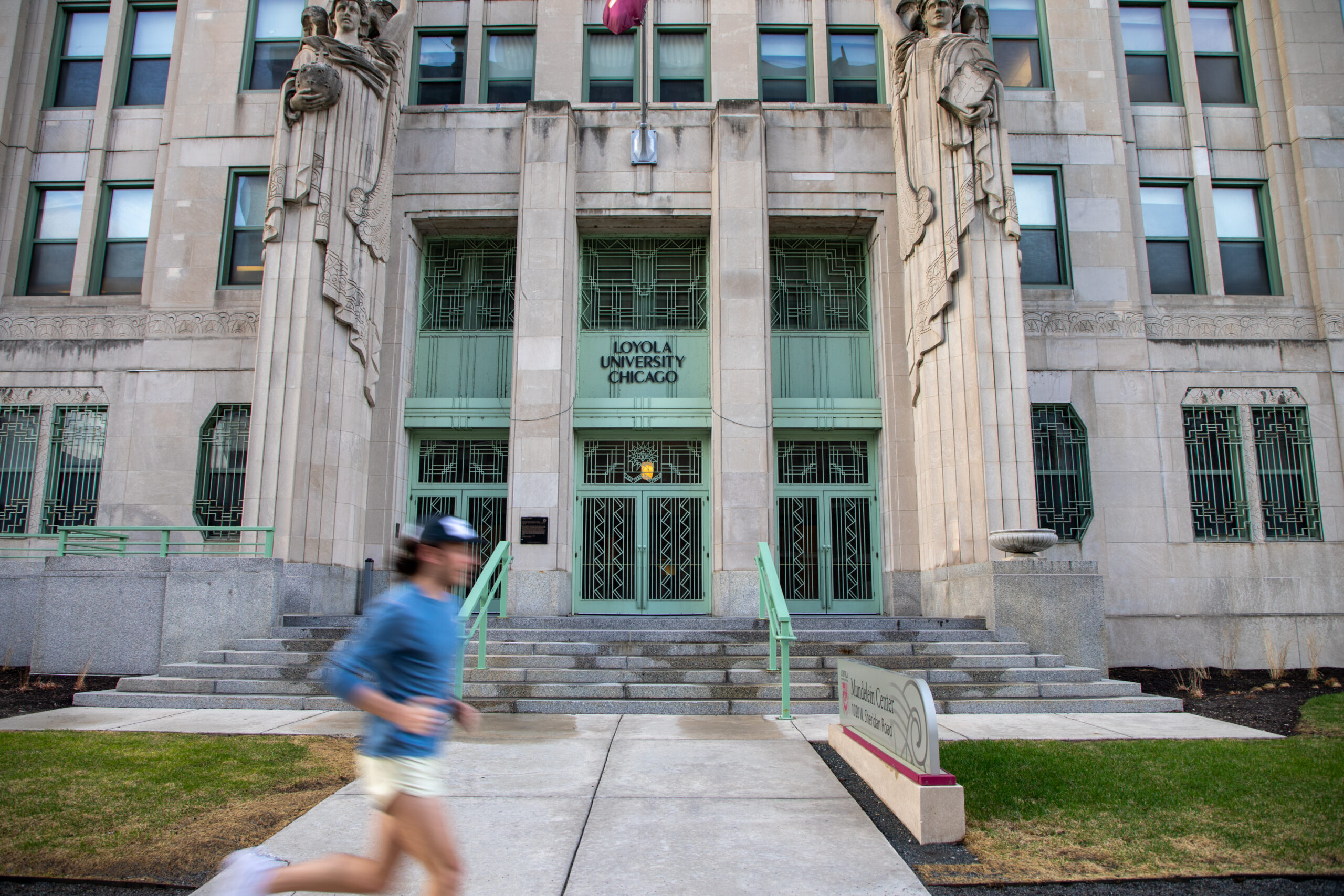The app was created to be an uncurated social media platform where users post raw, unfiltered pictures once a day. It rivals other conventional media platforms, which some people may feel are unrealistic or disingenuous.
Time to BeReal! Those three words have opened a whole new world of sharing on social media.
The social media platform, which was released in 2020, prompts users once a day at a random time to post a photo from their front and back cameras. Users have two minutes after receiving the notification and if a post is made past the two-minute deadline, it’s marked as late and notifies followers.
BeReal took off throughout the beginning months of 2022 and has grown in popularity since. In March 2021, BeReal was No. 19 on Apple’s “Top Free Apps” for social networking. As of Sept. 2022, the app sits at No. 1.
The app was created to be an uncurated social media platform where users post raw, unfiltered pictures once a day. It rivals other conventional media platforms, which some people may feel are unrealistic or disingenuous.
Avid users post within the two-minute deadline. Whether doing homework, working out or even just lying in bed, users post snippets of life in real time with the intention of creating an authentic feed.
Loyola sophomore George Wiltz said he favors the app and posts his BeReals on time as much as he can. Wiltz said he likes that there is no editing or filtering, unlike platforms Instagram or Snapchat.
“BeReal is just one picture, once a day,” Wiltz,19, said. “There’s no sending back-and-forth or stressing over quality.”
Wiltz said he downloaded the app to keep in touch with friends who went to Rome this year. He thinks it’s an entertaining way to stay connected with them from afar.
While some students champion the app’s self-proclaimed ‘realness,’ other’s doubt the platform’s sincerity. Senior Elen Kondykh said she believes most posts are fabricated.
“The idea of it is good,” Kondykh, 21, said. “Some people tend to post later when they’re actually doing something so it’s not that real.”
For users comfortable being ‘less real,’ the app is fairly forgiving, allowing people to post after the two-minute countdown, while notifying other users of their tardiness. Other users who don’t feel like posting during the countdown won’t be able to see their friends’ posts until they take their own for the day. Since the late penalty is not too serious, students said people wait until they are doing something that others will find cool.
For that reason, sophomore Alexandra Selva hasn’t downloaded the app. Selva believes when people post late it defeats the entire purpose of the concept of authenticity, but she doesn’t entirely disagree with the concept.
“I feel like as far as social media goes, it’s one of the better ones,” Selva,19, said. “If you post your BeReal like three hours late people know it’s staged, so if somebody’s being fake everyone gets annoyed.”
While the psychology major doesn’t use many forms of social media, she believes BeReal has the potential to become more popular.
Selva did raise potential safety concerns regarding the app’s location feature. At the top of a post, the location where the user was at is displayed. She said it’s not as specific as Snapchat’s location feature, which gives users directions to the exact spot their friends are, but Selva said it’s still a concern for privacy.
With the app currently sitting atop Apple’s ‘Top Free Apps’ list, some might ask: is this spontaneous social network app going to continue to grow or is it going to fall out of popularity?
“I feel like it’s not going to compete with Instagram or Snapchat but will be in the conversation with more popular social media,” Wiltz said. “I even have professors that have downloaded it.”
Kondyukh doesn’t agree, however, she believes that less and less people have been using it or have been using it infrequently.
So, when that daily notification pops up, some Loyola students are left with one question on their mind — to be real or not to be real?
Featured image taken by Austin Hojdar | The Phoenix.












